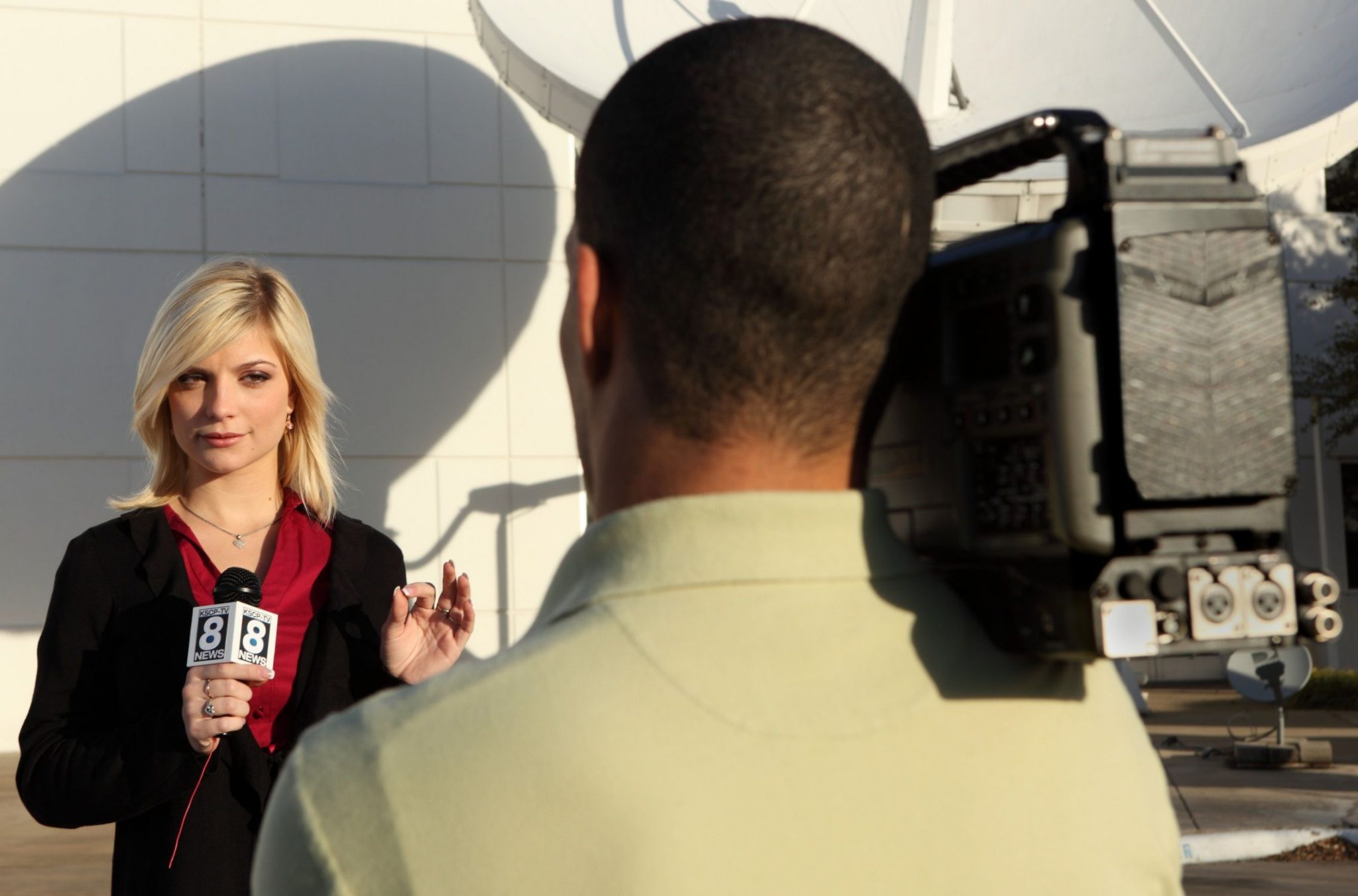There has been a time when one may want to rely upon diverse media for correct information continually. But nowadays, the media has received popularity for sensationalizing positive events or information portions, in which emphasis is drawn on useless information. The various kinds of mass media are acknowledged to influence the audience’s minds to a large quantity.
Does this suggest the media controls the arena at huge? What about our reliability on newshounds and international agencies? Journalism is a powerful device for influencing the minds of human beings, but are we ready to have them deliver us the handiest 1/2 the fact, or none in any respect? Let’s take a deeper investigation into the types and reasons for media bias.
Types of Media Bias

Religious Bias
This sort of bias has been witnessed by us innumerable times, wherein certain nations spotlight the prominent faith of the state or United States of America or communicate sick of the religion that governs equality. While many countries might see this as illegal, others do not respect how they paint religion to the target audience.
READ MORE :
- How to Start a Mobile Auto Detailing Business and Make a Profit
- Glossary of Financial Terms and DefinitionsGlossary of Financial Terms and Definitions
- Beware! Check This List of the Different Types of Computer Crimes
- Pros and Cons of Android Phones
- Extremely Amazing and Motivational Quotes About Sports
Information Bias
Some media houses intentionally omit records they see as unworthy of the audience to get their palms on, often blurring the line between the best and bad sides of ethics. Newspapers, television news channels, etc., will ship records that are quite explanatory (however critical), selecting to go along with what can be conveyed in a nutshell.
Corporate Bias
The media is continually looking to please someone. This example can be a major enterprise they heavily rely upon for price range or exposure to audiences to gain a reputation among the relaxation.
Sensational Bias
When positive media houses provide a target audience, the impact that bigger, not-so-common occasions are alternatively commonplace confounds the minds of humans into questioning that everyday injuries and events don’t keep any significance. In other words, the spotlight times and causes them to sound like a large deal, while small (but big) occasions are held obscured.
Advertisement Bias
Like corporate bias, advertising conglomerates should be thrilled by media homes when you consider that a massive part of the funding comes from them. The same goes with political events with a stronghold on the media, in which the reins are of their grip, with 0 freedom to exercise expression and honesty.
Gate-Keeping Bias
This is when a media residence decides to withhold a story from the people, identify to launch the facts later, or in no way in any respect. This form of bias is commonplace, wherein a debate of how to release (if they do) the tale is first determined, probably clipped down to length, and subsequently produced to the unsuspecting target audience.

